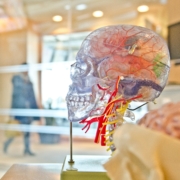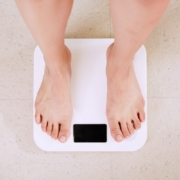The TRUTH about FATS!!! Good vs. Bad Fat
If you’re dealing with a chronic illness, you’re most likely making the best effort you can to put good food in your body. For so many years, we were was taught that fat is the problem. Saturated fat was associated with heart disease, and everyone believed that fat makes us unhealthy.
Fat vs. Sugar
Dietary fat was a big controversy, and it lost the war with PR and politics, and the sugar industry won. What happened was soldiers came back from WWII after eating GI rations, which is food that was designed to be shipping across the world. This food did not serve them well. They came back with heart disease. When they were opened up for surgeries, doctors found all this plaque in their arteries, and no one knew what was causing these health issues at the time.
These discoveries started a blame game among the food industry over whose fault it was. The companies with the highest profit margin, which were the processed food companies were able to invest and lobby with the most money. The sugar companies won, which meant that sugar became the good guy and fat became the bad guy, especially saturated fats.
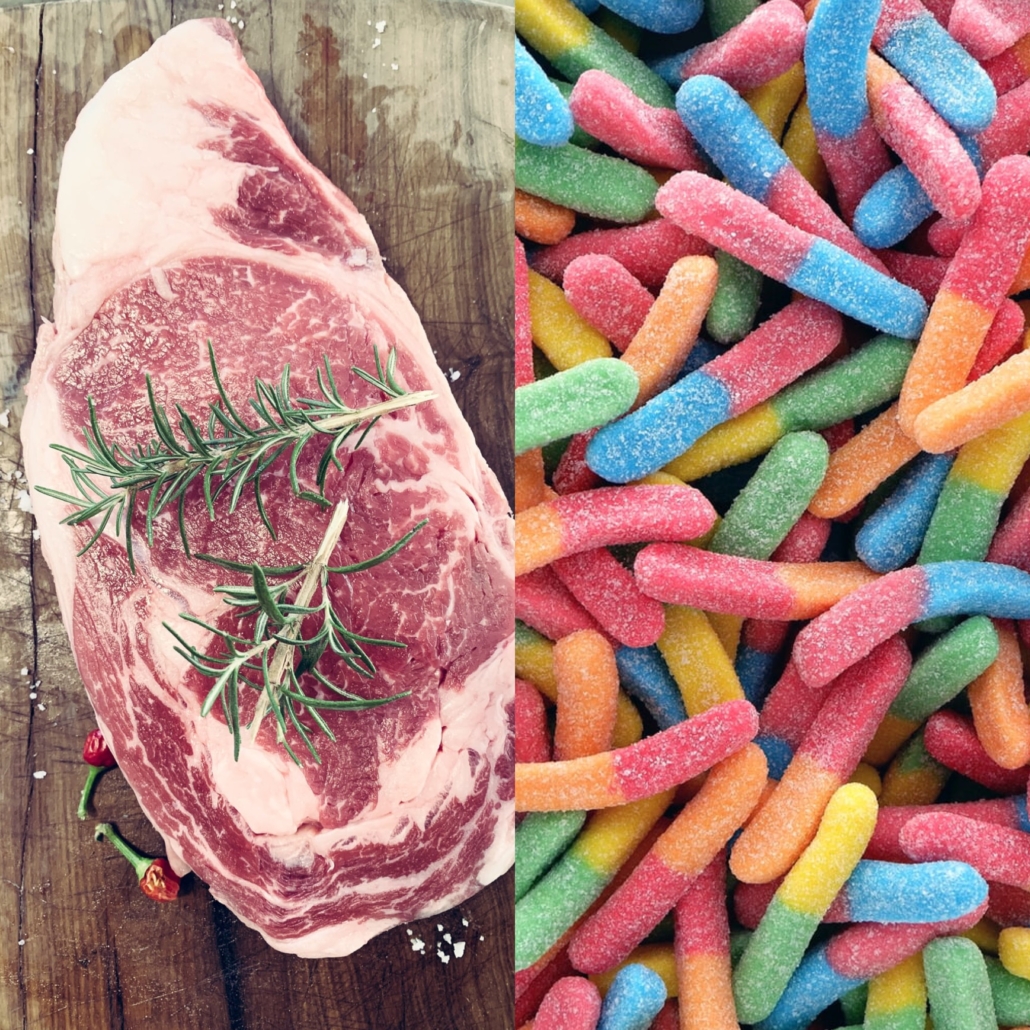
The Truth About Saturated Fat
The saturated fats that cause the damage that all the research and studies are talking about are either trans fats, which means they were altered during processing, or they are on cattle that were fed corn.
The saturated fats that were in the cows that were fed corn isn’t the normal saturated fat cows are supposed to have. Cows do not eat corn. They grew up eating grass, and that is their natural food, which gives them a different composition than cows who eat corn.

The Importance of Fat
This fat vs. sugar debate has been going on forever. Society has been taught that saturated fats are bad and that we need to eat low fat foods. Low-fat food does not give our body the nourishment that it needs. Our brain is made of fats. At a bare minimum, it takes healthy fats just to have a healthy brain! Fats make up every cell in our body. If you have too many bad fats or not enough good fats you can’t have a healthy body.
Here is an experiment I want you to try to see the difference between full-fat and low-fat.
- Go to the grocery store, grab a full-fat yogurt or sour cream and its low-fat counterpart. Flip them over, and look at the ingredients list.
- On the full-fat version, you’re going to see real food. If you look at the low-fat version, you’re going to see a bunch of different chemicals and names you can’t pronounce.
None of those chemicals are real food! These chemicals try to make the product stable, and palatable because, without the fats, it’s not satisfying. Chemical additives also help to keep food products on the shelf without breaking down. However, that means that food isn’t breaking down in your body either.
Can you guess which sour cream is full fat vs. low-fat?
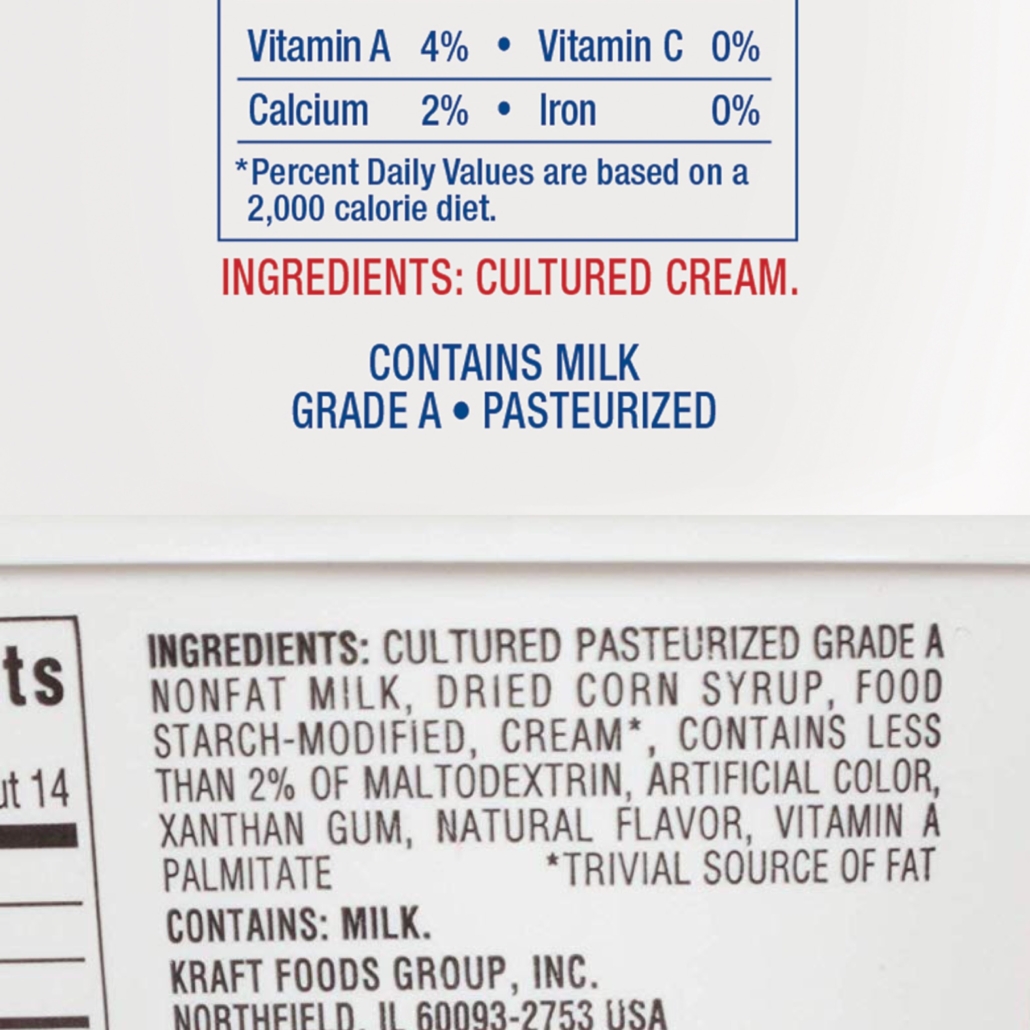
Healthy Fats Weight Loss Challenge
I’m sure you have faced a time when you have been eating low-fat foods which are mostly carbohydrates, and realized at the end of the day that you ate a whopping 3,000 calories and had no idea. Then the next day you decide you’re going to be super strict and use willpower to cut your calories in half and only consume 1,500 or even 1,100. Extreme calorie fluctuating is not a cycle you can thrive on.
If that is something, you have gone through I challenge you to eat a high-fat diet. Try and eat 2,000 calories of real whole food that’s high in healthy fats. I did this exercise with my wife because she was trying to cut down her calories significantly. I told her that I was going to give her hell unless she does what I ask first. Which was eat 2,000 calories my way. When she was up to about 1,800 calories, she came to me begging to stop feeding her because she was so stuffed and couldn’t possibly get anything else down.
If you try this challenge you will see the difference between eating real, whole foods that are satiating versus simple carbohydrates that keep you craving more, which means eating more, which leads to weight gain.
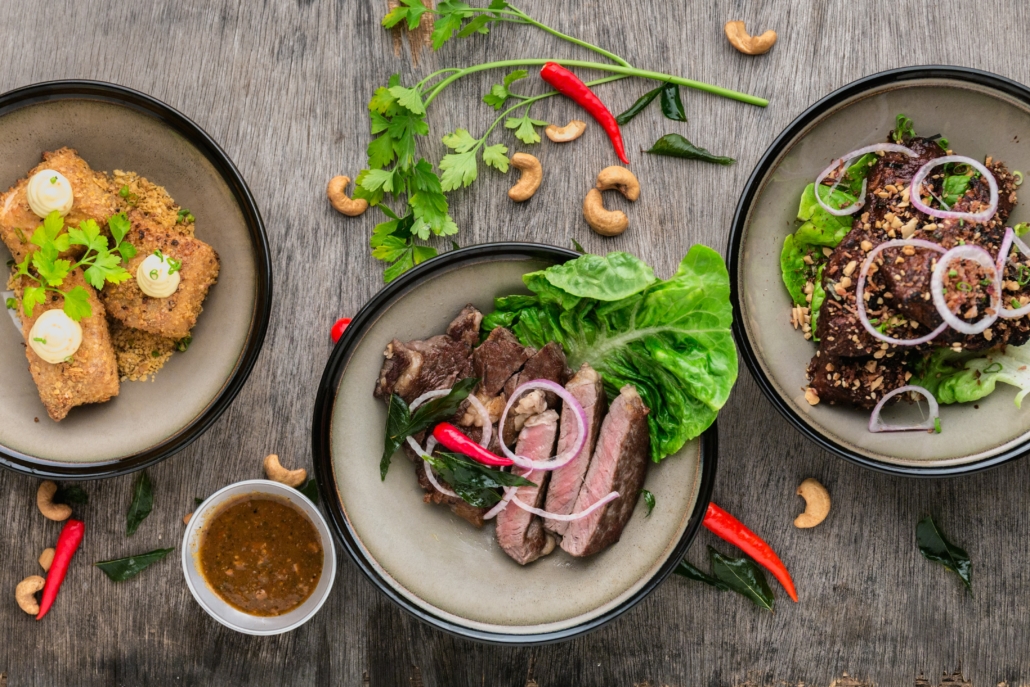
Fat Is Satiating And Carbs = Cravings
When you eat simple carb calories, you get zero satiety out of them. It’s easy to take in 3,000 calories worth of sugar and carbohydrates and still be hungry. That is because your brain is telling you that you haven’t gotten the nutrients and the satiety you need. Your brain is telling you you’re still “hungry” because it is missing something. You have reached the calories you need from that meal, but your brain doesn’t measure calories; it only measures nutrients.
Consuming food high in healthy fats equals high satiety. Healthy fats signal your brain to tell your body, “Thanks a lot! I’ve got all I need. We’re full now.” And this type of satiation lasts a lot longer.
Have you ever eaten a high carb meal like maybe pasta or bread and been so full after, but now you’re craving something sweet or later on you’re craving something salty? That is because you’re brain and body does not get the same level of satisfaction from carbs as it does from fat. You may think you are satisfied with a simple carb meal, but it’s only your taste buds that are satisfied.
Disclaimer – Some people can not handle high amounts of fat in their diet because of genetic factors or other health reasons. If you want to know if your genetic makeup would thrive on a higher fat diet I run genetic tests through my office. Check out my vitality restoration program if you are looking to transform your health.
Here’s to a better life,
Dr. Steve Puckette


